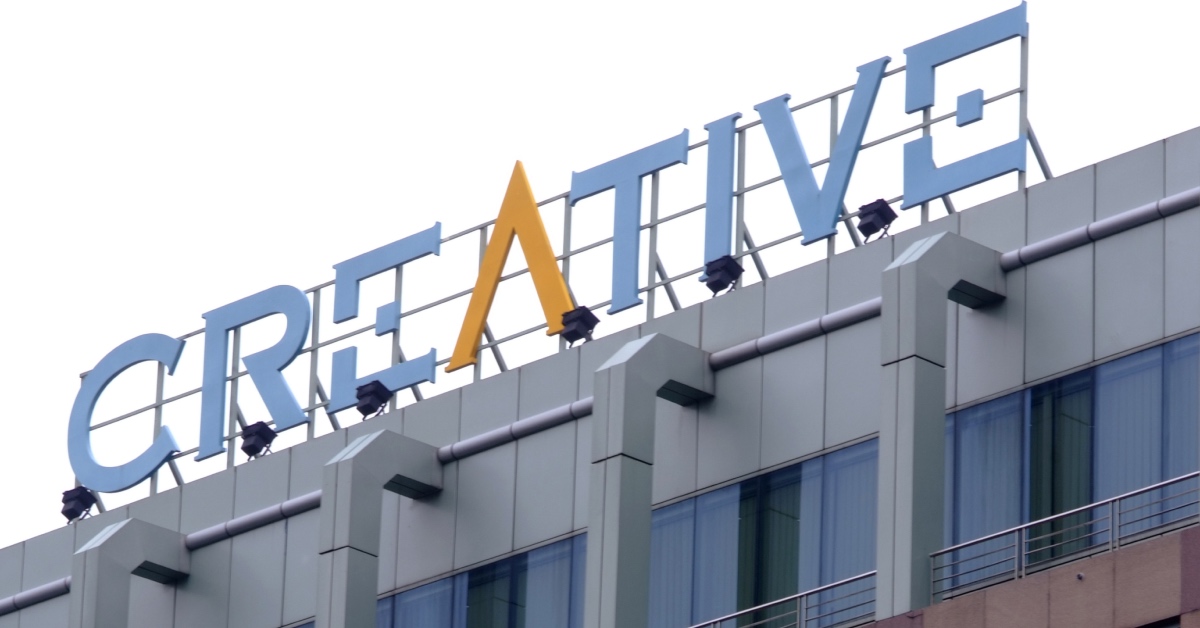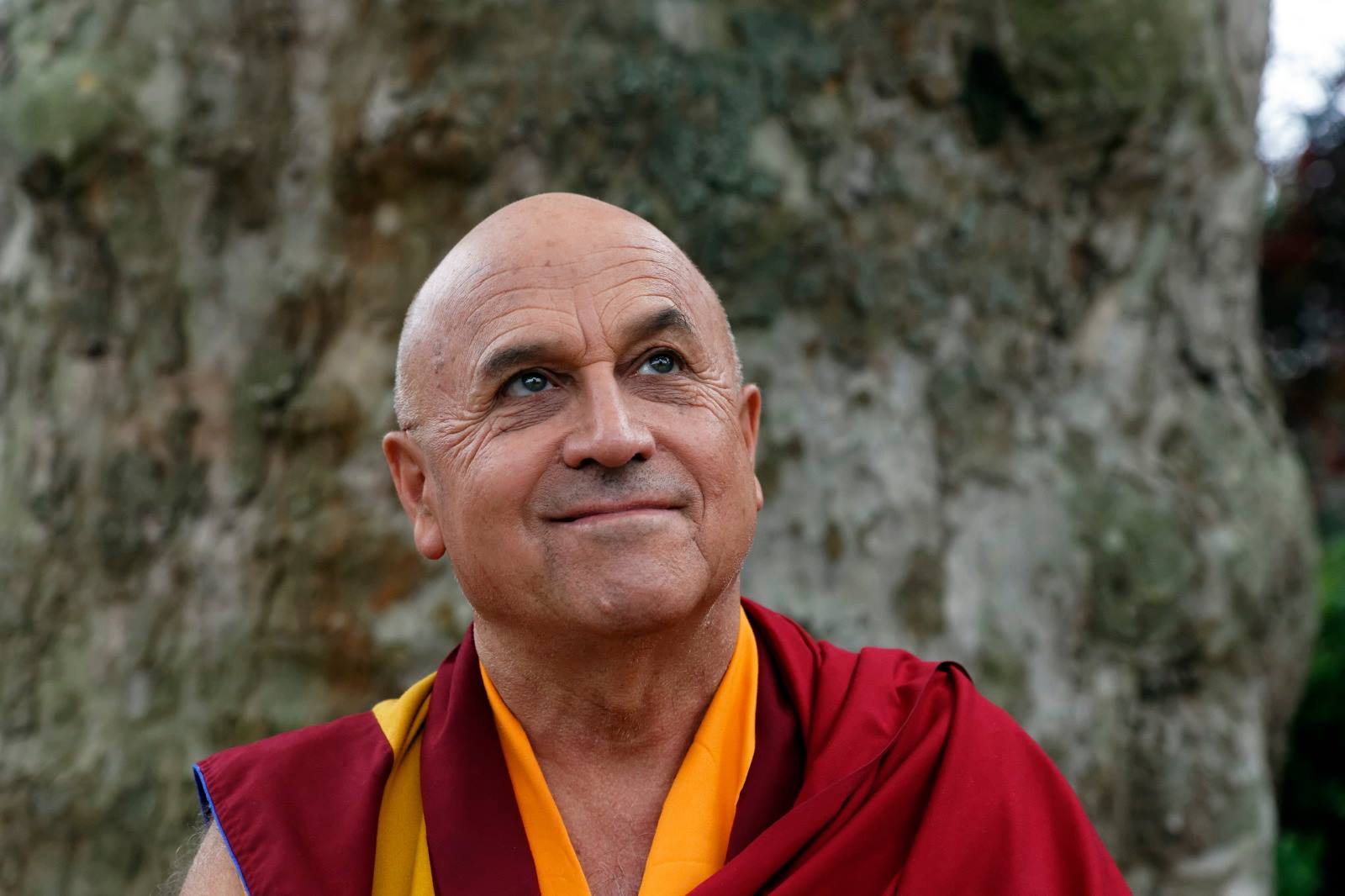Heathrow wants to raise passenger fees to fund terminal upgrades
The average charge per passenger could rise nearly £5

Heathrow Airport has proposed an ambitious plan to accommodate an additional 10 million passengers annually by 2031, contingent on an increase in airline fees.
The proposal, outlining its strategy for the next five-year regulatory period, was submitted to the Civil Aviation Authority (CAA) on Friday, detailing upgrades to existing terminals as a means to boost capacity.
The initiative offers a quicker expansion route than the government's long-term vision for a new runway at Europe's busiest airport, located west of London, which is not anticipated to be operational until 2035 at the earliest.
The proposed 10 million passenger increase represents a 12 per cent rise on current numbers.
To facilitate this growth, Heathrow is seeking to raise the average charge per passenger from the current £28.46 to £33.26.
The CAA, responsible for overseeing airport charges, is now set to review the detailed plans before issuing its official response.

The request comes amid long-standing complaints from airlines, which say that Heathrow is already one of the world's most expensive airports and have urged the regulator to reduce charges.
Virgin Atlantic, British Airways’ parent IAG, the Heathrow Airline Operators’ Committee (AOC) and the Arora hotel group have joined forces in an unprecedented coordinated attack on the airport’s regulatory regime.
They hope to persuade the Civil Aviation Authority (CAA) “to conduct an urgent and fundamental review into the way in which Heathrow, the UK’s only hub airport and the largest in Europe, is regulated, for the benefit of consumers, businesses and the UK economy”.
“Heathrow has become the world’s most expensive airport, with passengers and airlines today paying £1.1bn more each year than if charges were in line with equivalent major European airports,” the partners said in a statement.
Meanwhile, Heathrow has blamed expensive building costs, its constrained area and large numbers of long-haul flights for its high fees.
In a letter to the Transport Select Committee, Heathrow chief executive Thomas Woldbye said: “One factor is that the airport’s small physical footprint means a lot of our infrastructure has to be underground or built in a unique way, increasing the cost.
“We are also the busiest two-runway airport in the world, meaning the intensity of our operating environment is comparatively more complex and makes it much harder to make targeted improvements and investment while remaining operational.”

 Tekef
Tekef 



























